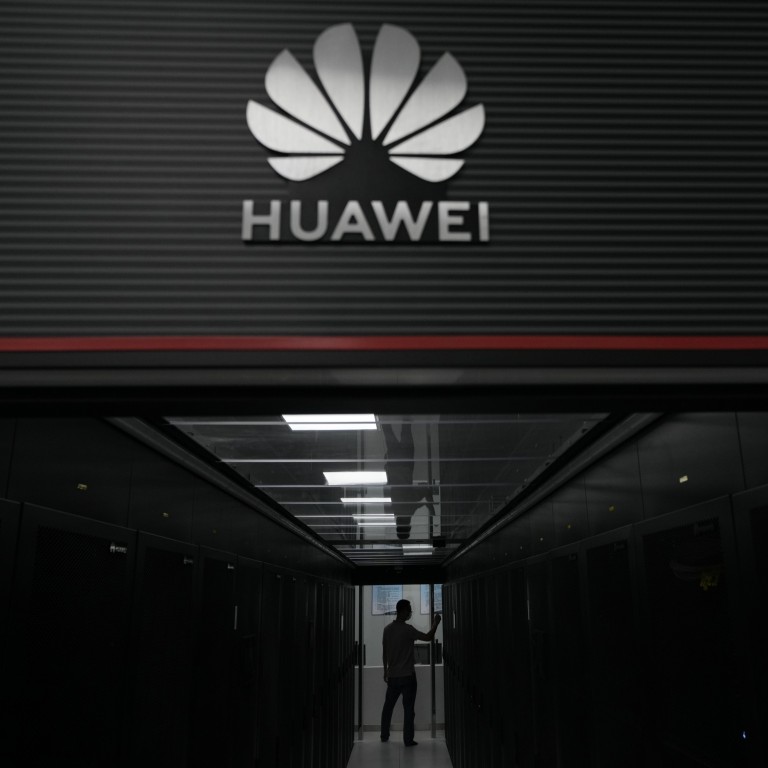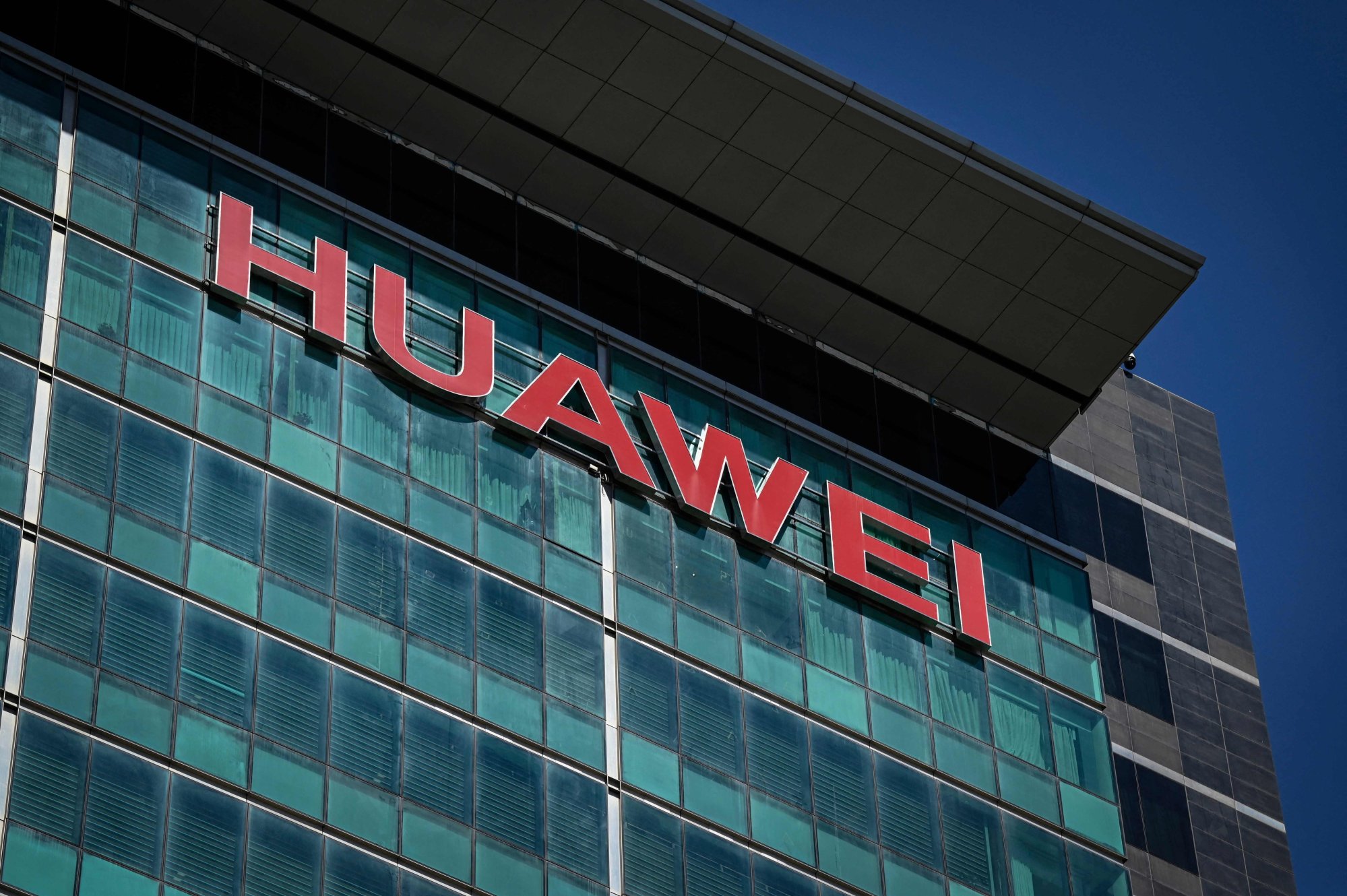
Tech war: Huawei posts flat 2022 revenue as US sanctions continue to bite, vows to seek ‘quality’ survival in coming year
- The marginal growth of 100 million yuan represents a 0.00016 per cent year-on-year increase, although it is an improvement on last year’s 28.6 per cent drop
- Huawei has exited its ‘war mode’ and managed to gradually ‘turn peril into safety’ during 2022, according to a message from rotating chairman Eric Xu
The marginal growth of 100 million yuan, representing a 0.00016 per cent year-on-year increase, marks an improvement from 2021 when Huawei’s revenue plunged 28.6 per cent year on year. The flat growth, despite Huawei’s efforts to diversify its sources of incomes, highlights the mounting difficulties it faces after its smartphone business and overseas sales were hit hard by US sanctions.
Xu said Huawei survived by “overcoming extreme difficulties” in past years, and that it would seek “quality” survival in 2023. His message echoed an early internal memo from company founder Ren Zhengfei in the summer, which urged employees to fight for survival over the next three years.
Huawei disbands enterprise business team in Russia: Kommersant
Huawei’s struggles to survive US sanctions have been closely watched by analysts and the general public both at home and abroad. The Huawei telecommunications brand is associated with patriotism in China, and the return of its chief financial officer Meng Wanzhou, the daughter of Ren, to Shenzhen in 2021 after house arrest in Canada on alleged bank fraud charges, was hailed on Chinese state media as a win for the country over the US. However, the company has been forced to venture into new areas, including automotive systems, in search of fresh revenue sources.
According to Xu’s message, Huawei has exited its “war mode” and managed to gradually “turn peril into safety” during 2022. “US restrictions are now our new normal, and we’re back to business as usual,” Xu said, adding that he expects 2023 to be “a critical year” for the company.
“We need to actively drive progress, keep inspiring passion across the organisation, and further hone our capabilities. We need to be proactive about improving the business environment and more effectively managing risks,” Xu said.
Huawei said it will maintain its heavy investment in research and development, and put its limited resources in areas that can create value. It will also pin hopes on serving the digitisation of traditional industries, and achieve mass commercialisation of its smart car component business.
As part of its diversification efforts, the company has tried to reposition itself as a provider of enterprise services to industry clients, and forged closer partnerships with car makers.
Over the past year Huawei has set up more integrated teams, known as “legions”, to focus on specific industries such as digital finance, energy, machine vision, manufacturing digitalisation, and public services. These were in addition to the existing teams established at the start of the initiative last October.

Xu also highlighted the rapid growth in its enterprise services and cloud computing business, which was tasked by the company to drive new growth this year.
In May 2019, Washington put Huawei on its Entity List over national security concerns, barring the telecoms giant from doing business with US firms without a licence.

